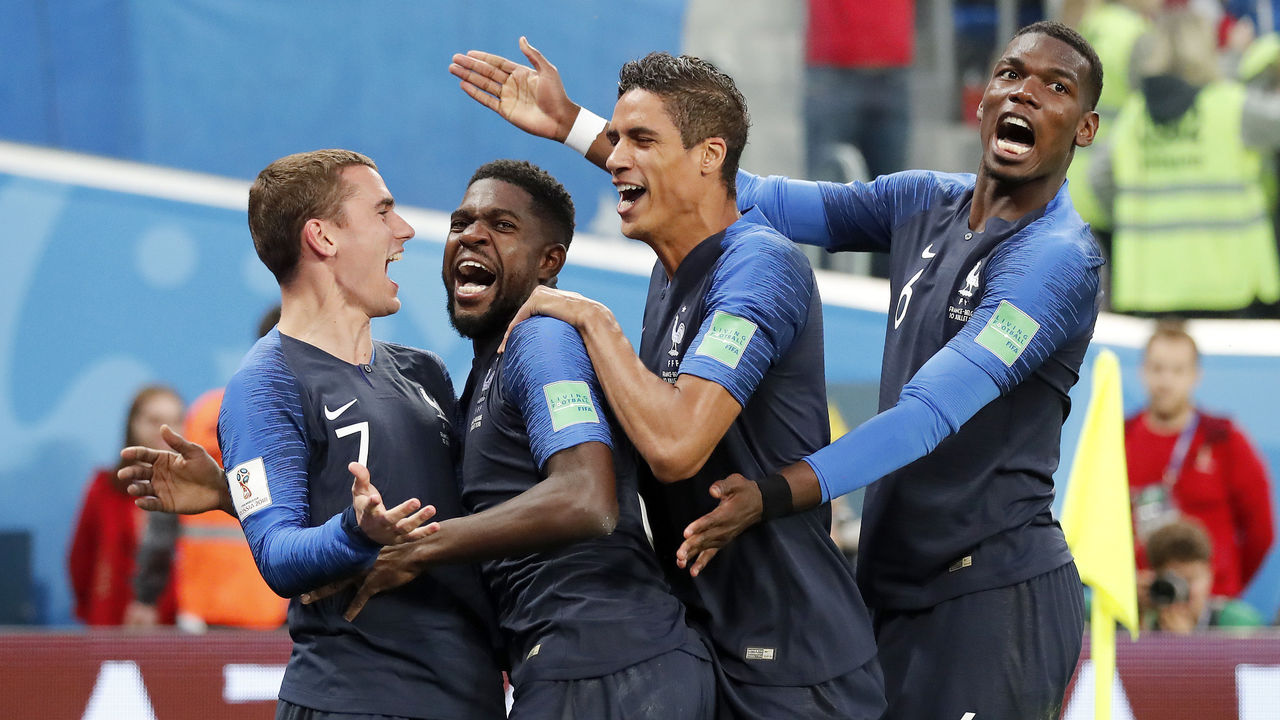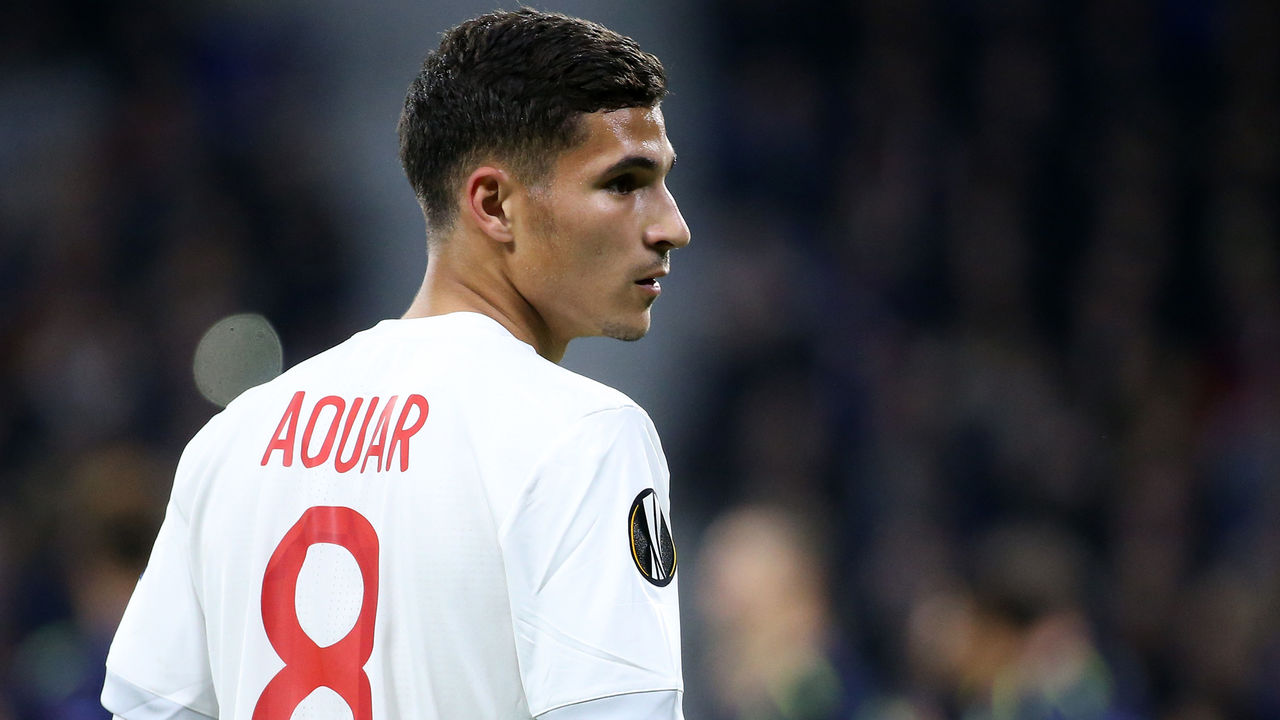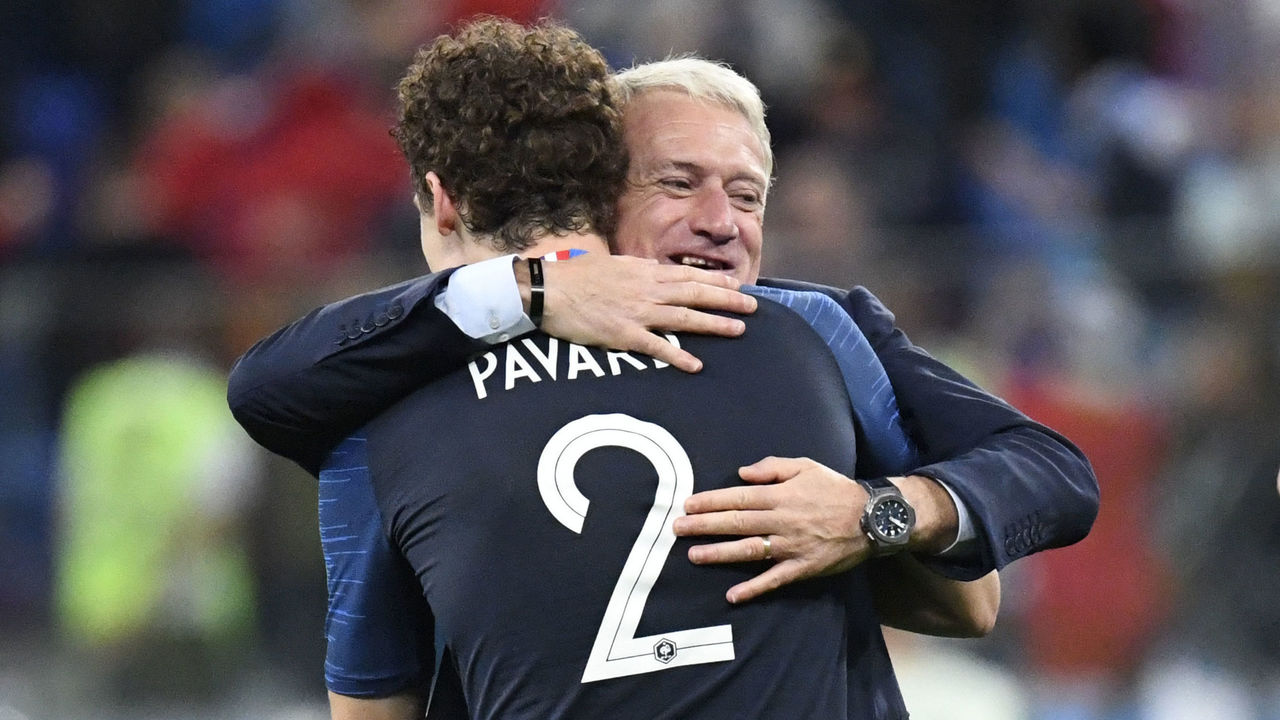Why France is set for a dynastic international run
International football isn't conducive to sustained success.
The rigours of club football, the cruel chance of injury, and the gaps between major tournaments play a massive role, as does the good fortune needed to win one of the sport's biggest prizes. Golden generations arrive and dissipate just as quickly, as expected favourable outcomes battle with unforeseen shortcomings to form a cocktail of equal parts luck and skill.
Most recently, 2010 World Cup winner Spain could be considered a dynasty. La Furia Roja bookended the maiden victory in South Africa with two European Championships, becoming the first nation to accomplish the treble. Five-time World Cup champ Brazil has managed sustained success, winning in 1958 and 1962 before setting the standard for footballing excellence in the 1970s courtesy of the exploits of Pele, Jairzinho, Rivelino, and Carlos Alberto. There's a case to be made for West Germany; in a 20-year window between World Cup wins in 1954 and 1974, it finished fourth, seventh, second, and third in successive quadrennial contests.
Beyond that, very few countries have enjoyed continued exploits in international football, though if any team is set to join that conversation, it's France.
With or without a victory over Croatia in Sunday's World Cup final, Les Bleus have made the final in two major tournaments on the spin, boasting a budding side rife with emerging talents suited for stardom. It's only going to get better for Didier Deschamps and Co.
A youthful squad
One glance at France's current squad and its youth is evident. Kylian Mbappe has been the World Cup's breakthrough talent six months short of his 20th birthday. Of the 11 players who started against Belgium, only Hugo Lloris, Blaise Matuidi, and Olivier Giroud - all of whom are 31 - exceed 30 years old. Combine that with a stellar backline of Raphael Varane, Samuel Umtiti, Lucas Hernandez, and Benjamin Pavard that has an average age of 23.25, and things look bright at the back.

In the middle of the park, Paul Pogba (25), N'Golo Kante (27), and Corentin Tolisso (23) are going nowhere. Throw in Antoine Griezmann (27), Ousmane Dembele (21), Thomas Lemar (22), Nabil Fekir (24), Presnel Kimpembe (22), Benjamin Mendy (23), Djibril Sidibe (25), and Alphonse Areola (25), and a slew of players are evidently set for successful France careers.
Only Matuidi and Giroud are unlikely to participate at Qatar 2022. Considering that Kurt Zouma (23), Jordan Amavi (24), Kingsley Coman (22), Adrien Rabiot (23), and Anthony Martial (22) narrowly missed out on spots in Deschamps' 23-man squad, the number of emerging capped players in France's set-up bodes well.
Talent in the pipeline
This doesn't even take into account the abundance of young talent excelling with L'Espoirs thanks to the profusion of promising French players born in 1996 or later.
In addition to Paris Saint-Germain shot-stopper Areola, newly minted Fiorentina 'keeper Alban Lafont (19) is set to challenge for first-choice duties for years to come. At the back, Valencia's Mouctar Diakhaby (21), Rennes' Joris Gnagnon (21), Montpellier's Nordi Mukiele (20), West Ham newcomer Issa Diop (21), RB Leipzig stud Dayot Upemacano (19), and Borussia Dortmund summer signing Abdou Diallo (22) have all excelled to varying degrees playing first-team football in Europe's marquee leagues.

Related: Could a France U-21 side reach the latter stages of the World Cup?
The young talent isn't limited to the backline either. Lyon's three-headed midfield monster has already made a name for itself domestically and is certain to do so on the world stage as well. Les Gones trio Lucas Tousart (21), Tanguy Ndombele (21), and Houssem Aouar (20) logged a combined 7,942 minutes of league football this year, while Maxime Lopez (Marseille), Marcus Coco (Guingamp), Adama Diakhaby (Monaco), and Olivier Ntcham (Celtic) have all shined with Sylvain Ripoll's Under-21 set-up.
In attack, the pipeline of French talent is staggering. Have your pick of Lille newboy Jonathan Bamba, Lyon's Martin Terrier, Inter speed merchant Yann Karamoh, Celtic's Moussa Dembele, Leipzig's Jean-Kevin Augustin, marauding Nice winger Allan Saint-Maximin, or genetically predisposed star-in-the-making Marcus Thuram.
Setting a standard
A wealth of emerging talent is worth squat without a habit of performing well at tournaments. Didier Deschamps, who appears to have the unconditional backing of FFF chief Noel Le Graet, has shown a tendency to start tournaments slowly. Like at Euro 2016, Les Bleus exhibited growing pains in the group stage in Russia, finishing both groups top on seven points with four goals scored and one conceded. In both instances, along with Deschamps' first major tourney in 2014, France capped group play with drab goalless draws before growing into form.

Despite Deschamps' occasional issues with vacillating between a 4-3-3 or 4-2-3-1 set-up, the criticism of the 1998 World Cup-winning skipper is unwarranted considering his results. France was an unlikely Eder strike from going to penalties in the Euro final against Portugal, and Les Bleus enter Sunday's finale in Moscow as favourites following comprehensive displays against Argentina, Uruguay, and Belgium.
Deschamps' current terms run through Euro 2020. After fielding critiques for omitting Karim Benzema in favour of selecting a cohesive unit, the former defensive midfielder fits the profile of a manager who has the conviction of both the national football federation and the French public.
All the pieces are in place to build a dynasty - France just has to overcome a myriad of variables. No pressure.
(Photos courtesy: Getty Images)